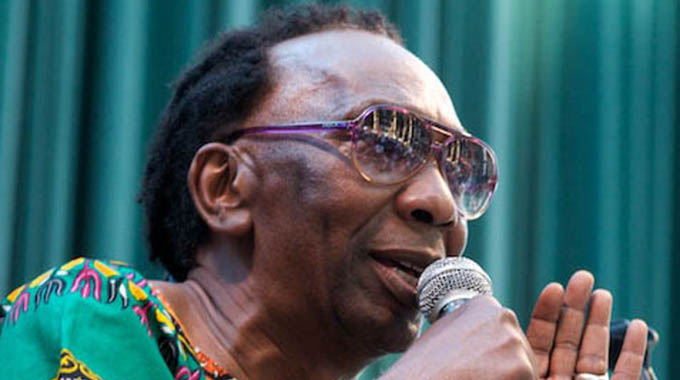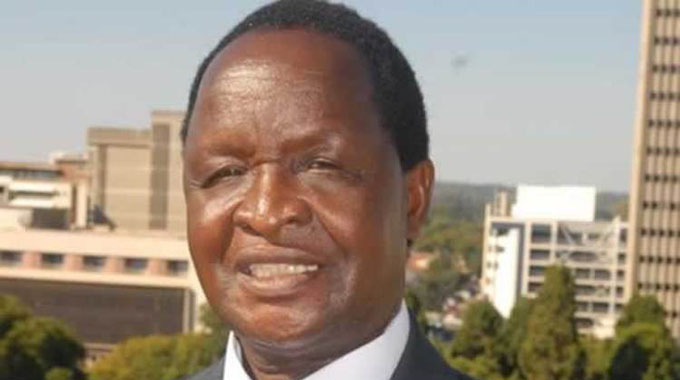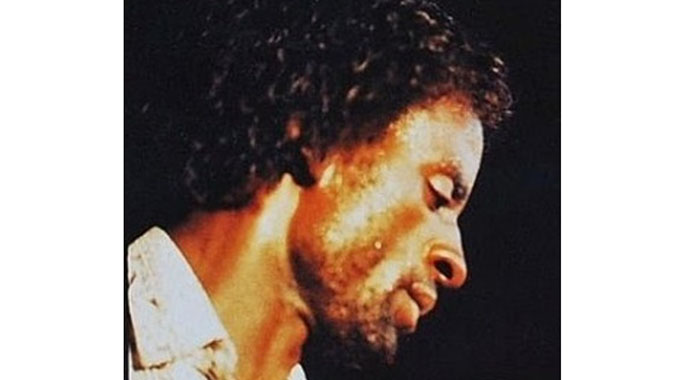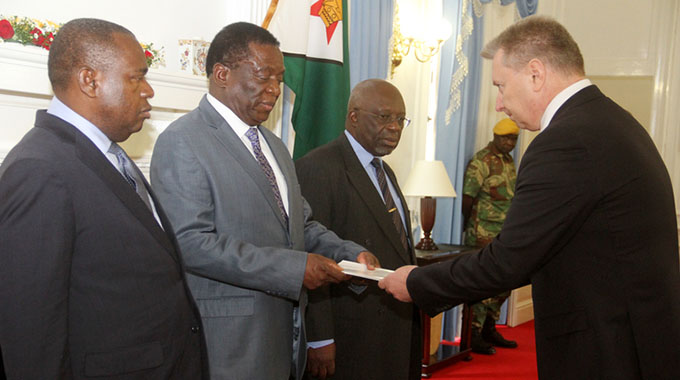Where are tomorrow’s music legends?

Godwin Muzari Arts Editor
April 9 marked 22 years after the death of music legend Leonard Dembo and some radio stations dedicated slots to the musician’s songs in honour of his creativity.
Dembo is one legend whose music has stood the test of time. His creativity remains outstanding more than two decades after his departure to the other world.
He will forever be remembered for the unmatched ingenuity that saw him making history when his song “Chitekete” was played at Miss World finals in Namibia in 1996.

Leonard Dembo
It was a great fete for a Zimbabwean musician and, as his sons, mother, wife and other relatives commemorated 22 years after his death, music fans reflected on the musician’s career.
Dembo is one of the many legends that Zimbabwe has spawned. The country has had great names and many people find solace in what we now call old skool music. Most yesteryear hits will be outstanding for a many years to come. Musicians that rocked the industry with great hits for the past years will occupy good space in the history of local showbiz.

Oliver Mtukudzi
On April 28, limelight will be on two of such great musicians at Glamis Arena. Thomas “Mukanya” and Oliver “Tuku” Mtukudzi will be on the same stage doing what they have done for many decades.
Tuku and Mukanya are some of the legends that most mature music followers adore. They have done their part and their names will forever be remembered.
Many other legends have left their marks on the local music scene. Some of them are alive and others are late but their music continues to stand out.
Names like Simon Chimbetu, Biggie Tembo, Marshall Munhumumwe, Jonah Moyo, Solomon Skhuza, Lovemore Majaivana, Pau Matavire, John Chibadura, Alick Macheso, Leonard Zhakata, Tongai Moyo, Mechanic Manyeruke, Jordan Chataika, the Charambas and Chiwoniso Maraire are mentioned when debates about the best musicians in the land take place.
Most of these musicians started their careers in the 70s and 80s, but they remain prominent on playlists at radio stations.
It is because they had unique talents.

Mechanic Manyeruke
Then, it was easy to tell the owner of any song just from the beginning of a beat. The very first guitar chords told a listener who the musician was. Every musician had an identity that was unique.
But many people that followed music when it was still vibrant should be wondering what has happened to our industry.
It is now an industry of youngsters competing to imitate the great local heroes or copying international beats. Creativity is fast waning and current chart-topping songs from the new generation do not have the lasting power.
Which of the current songs might still be powerful decades to come like Dembo’s “Chitekete”, “Simbimbino” by Bhundu Boys, “Mugove” from Zhakata, Khiama Boys’ “Mabvi Nemagokora” and Macheso’s “Shedhia”?.

John Chibadura
It is a fact that even the living legends have lost their yesteryear steam and the new generation should be taking over. They should fill the gap, but their hits only last for some months.
The fact that Tuku’s album “Hany’a – Concern” that was released recently is going unnoticed means that, besides his great works, the musician’s returns are now diminishing.
The fact that Macheso now struggles pull a capacity crowd for the upper part of Mushandirapamwe Hotel when he used to fill the Aquatic Complex in Chitungwiza means he is no longer the same.
The fact that Zhakata is no longer being considered for big concerts means he has gone past his peak.
But, these musicians remain legends because they steered the music ship in exciting ways when they were still at their peak. They played their part and it is natural that their creative phase is in twilight. They should be saluted for what they have contributed and keep fighting to contribute.
The blame should be on the young generation that is failing to produce music that matches yesteryear standards.
At the moment Jah Prayzah is the most active artist on the mainstream arena. He started well and has made some good songs, but his diversion to the international beats has lessened the lasting power of his music. Otherwise he is the only musician from this generation who came up with something original and competitive.
Other youngsters are stampeding for riddims in the dancehall sector. While they might be able to make names with their current club bangers, they will hardly be on the reference list of singers who made it when history is revisited 20 years to come.
Their wave is similar to the urban grooves era that failed to produce singers who can be classified as legends.
On the sungura terrain, which produced most yesteryear stars, most youngsters are racing to sound like Macheso. Young musicians like Romeo Gasa and Simon Mutambi are talented guitarists. They have potential, but they have a clear intention to follow in Macheso’s footsteps.
The way they hold their bass guitars and even the way they set their microphones on stage resembles Macheso set up. It will be hard for the musicians to make a mark because they will always be compared to Macheso.
In gospel music we now have a generation of hymns and choruses. It is now a common trend for the musicians to just pick popular hymns and choruses and add few of their lines to claim ownership.
Such songs will always be popular because they have been here for a long time, not because someone has recycled them.
Then there is a crop of children of legends that are trying to maintain their fathers’ legacies. These include Peter Moyo, Suluman Chimbetu, Douglas Chimbetu, Naison Chimbetu and Tendai Dembo among others.
There are two cases with these sons of legends. Some of them do not have talent and are forcing themselves into the industry because they want to ride on set fame and popularity.
Others have talent, but they try too hard to sound like their fathers, which exposes them to comparison. It is not easy to perfectly fit in someone’s shoes. It is worse when someone tries a legend’s shoes.
The talented ones can make better music if they choose to be different from their fathers. Although he is now finding the going tough for several reasons, Sulu should be commended for trying to make music that slightly diverted from Simon’s dendera by adding his acoustic guitar and a few other tricks.
In fact, Sulu still has potential to get bigger. It seems personal issues and management challenges have been weighing heavily on his career over the past year.
Other sons of legends should try different beats to carve their own careers. Guspy Warrior chose a different beat from Mechanic Manyeruke. Unfortunately, Guspy Warrior opted for Zimdanchall, which does not have lasting power.
So, among the young musicians are groups of copycats, music heirs and plain untalented individuals that are getting into music to try and make money.
That is what differentiates them from legends. The legends were never lured by money.
Music did not pay during their time. They did so out of passion at a time when most parents did not want their children to pursue music.
Until originality, creativity and passion pushes up new names to the fore in showbiz, most youngsters doing music now will never make it into legends’ books.










Comments